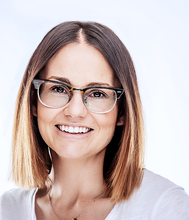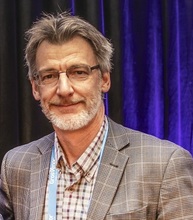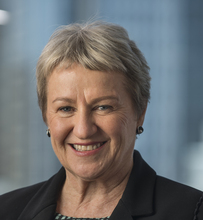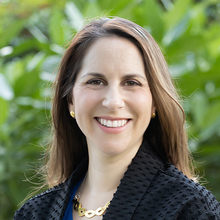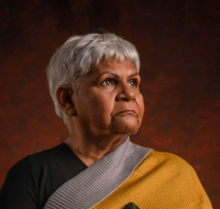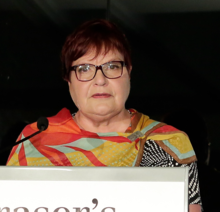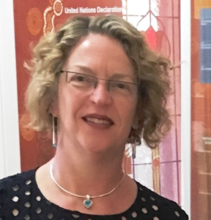
FestEVAL sessions
When registering you will be asked to choose which session you are attending. Zoom details will be emailed to registrants before FestEVAL commences. FestEVAL21 is a free live virtual event for the evaluation community, sessions are not recorded for later viewing. NOTE: All times are Australian Eastern Standard Time.
| Time |
Session
Duration
Cost
|
|---|---|
| 4:00 PM |
|
| 5:00 PM |
|
| Time |
Session
Duration
Cost
|
|---|---|
| 1:00 PM |
|
| 2:00 PM |
|
| 3:00 PM |
|
| 5:00 PM |
|
| 6:00 PM |
|
| Time |
Session
Duration
Cost
|
|---|---|
| 12:00 PM |
|
| 1:00 PM |
|
| 2:00 PM |
|
| 3:00 PM |
|
| 4:00 PM |
|
| 5:00 PM |
|
| Time |
Session
Duration
Cost
|
|---|---|
| 1:00 PM |
|
| 2:00 PM |
|
| 3:00 PM |
|
| 4:00 PM |
|
| 5:00 PM |
|
| 6:00 PM |
|
| Time |
Session
Duration
Cost
|
|---|---|
| 9:00 AM |
|
| 1:00 PM |
|
| 2:00 PM |
|
| 3:00 PM |
|

